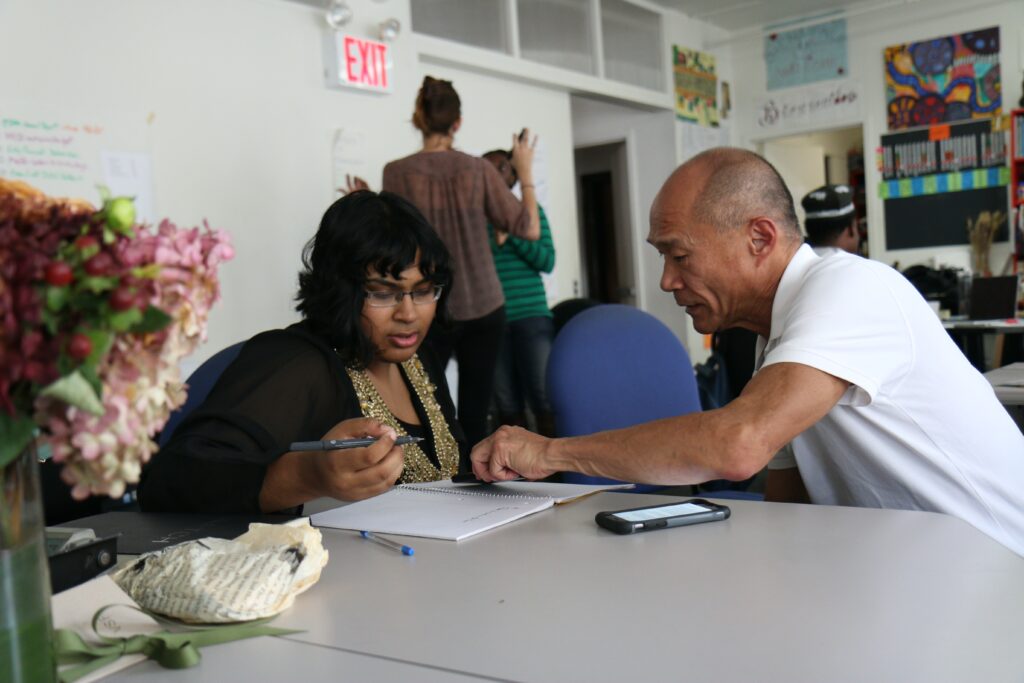
It can be difficult to find much about or for adults on the subject of dyscalculia, previously we had a guest post from educator Sarah Jarvis covering the topic of Helping Adults with Mathematical Learning Difficulties, which is a great introduction to the subject if you have not read it yet.
We have decided to dig deeper on the subject and find more resources and more ways of overcoming this difficulty with maths and here it is:
Firstly its good to get yourself mentally prepared for the task of challenging your mathematical difficulties so please keep in mind these four things:
Read more